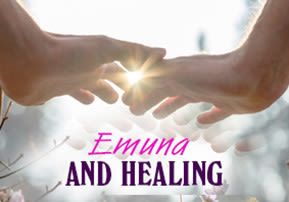
Emuna and Healing
In daily prayer I began asking Hashem for help in making His will my will. I soon realized that proper surrender requires me to give in, rather than give up...

Six months have passed since my essay Healing and Emuna was published. During that time, Hashem has gifted me with many more emuna lessons. The five most important are:
In matters of healing, Hashem's timetable and not ours is the determining factor. One of the complications that arose from the car accident was a severe case of median nerve compression in my right hand necessitating Carpel Tunnel Release (CTR) surgery. During one of the follow-ups meeting with the hand surgeon I was visibly frustrated. He had told me that improvement would come by six months. Yet here it was four months post-surgery and my thumb and index finger were still numb. In fact, the exercises I was doing to regain movement and strength in my surgically-repaired shoulder were making the numbness worse! What was going on? The doctor smiled patiently and said that it was too bad I hadn't remembered everything he'd told me.
"What do you mean?" I asked.
"Your nerve was severely damaged. My job was to release the pressure, which I did. The nerve can 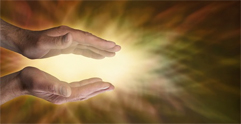 regain impulse in six months, one year, two years, or never."
regain impulse in six months, one year, two years, or never."
I hadn't heard that last part, though my son later corroborated every word.
"It's up to the nerve when healing will take place. So my advice to you," he concluded, "is to stop putting pressure on your body to heal."
The good doctor reminded me that Hashem has His own timetable. In daily prayer I began asking Hashem for help in making His will my will. I soon realized that proper surrender requires me to give in, rather than give up. The directions are very important because giving in, an inwards direction, allows me to get in touch with the little spark of Hashem that resides in the very heart of me. And when that happens I feel the nerve impulses streaming from my brain and down my arm to my hand.
It's a mitzvah to allow a mitzvah to be performed, even if, rather especially if, the mitzvah recipient is you. A lot of us have been brainwashed by our Western upbringing. The rugged individualist is held up as ideal. Keeping a stiff upper lip is the way to handle ourselves. We refuse help with the groceries because we don't want to be bothersome. We wait for cars to pass before approaching a sidewalk because we don't want to interfere with the flow of traffic. What if I were to tell you these mores are the antithesis of Judaism? True Torah life is about connecting with family and community. And sometimes, like it or not, Hashem puts us in the role of shaliach (messenger). Eventually, I recovered enough to walk around and do errands but it has taken me forever to surrender the part of my will that wants to hang back and wait for cars to pass before crossing the crosswalk. I literally have to force myself to approach the crosswalk, in full consciousness that Hashem wants me there as His shaliach to fulfill His desire that the anonymous driver do a mitzvah.
Find and recite your name verse on a daily basis. There is a rabbinic tradition to say a Torah verse corresponding to one's name at the end of the Amidah (before yehee ratzon) which illustrates one's purpose in life. After a person passes on, Hashem asks the neshama what his name is and the neshama will say this pasuk. Then Hashem will see if the neshama fulfilled its mission. A verse that starts with the same letter as the beginning of your name, and ends with the same letter as your name ends is a verse that corresponds to your name. There are lists of such verses in most siddurim. There is also a partial listing in the Tzaluta DeAvraham.
I'd found my pasuk a few years ago in the Artscroll siddur. It was a verse from Eshet Chayil: Chagra b’oz matneha, Vateametz zro’oteha – She girds her loins with might and makes strong her arms. There was a problem: The verse seemed to have no relevance to me and my life. Was it to be understood literally? Or metaphorically? It amused me that the literal meaning fits in nicely with what is happening to my arm right now during physical therapy and home exercise. Still, the verse feels foreign to me, like something tacked on from the outside. Then, in preparing this article I chanced on an alternate verse: Cheizku VeYeametz Levavchem Col HaMeyachaleem Hashem – Be of good courage and let your heart be strong, all ye that hope in Hashem. This verse I can relate to much better.
When interpreting Hashem's messages, take care not to jump to conclusions. The number of times I've learned and promptly forgotten this lesson can fill a notebook. There was the early morning three years ago where I awoke in a cold sweat with the words "there's not a lot of time left" seared onto my soul, and immediately jumped to the crazy conclusion that I was going to die soon, G-d forbid. Then there was the time during my current recuperation that the doctor asked to have a chest x-ray taken because I'd come down with a supposedly severe case of bronchitis, only to "magically" return to health 24 hours later but need that very x-ray less than two weeks hence for pre-op on a second arm operation.
Every Heaven-sent instance of din (judgment) or tribulation comes to cleanse us from the illusions and falsity of our lives. In other words, they come to polish, not to punish us. Hashem is the only reality. Ein od milvado. Hashem is everywhere. Hashem is in everything, even in the pain. Especially in the pain. By accepting everything Hashem gives us, we hold on to Him with love and emuna while allowing ourselves to peel off the layers of illusion that would otherwise prevent us from absorbing the truthful light of Mashiach, may He come speedily in our day.





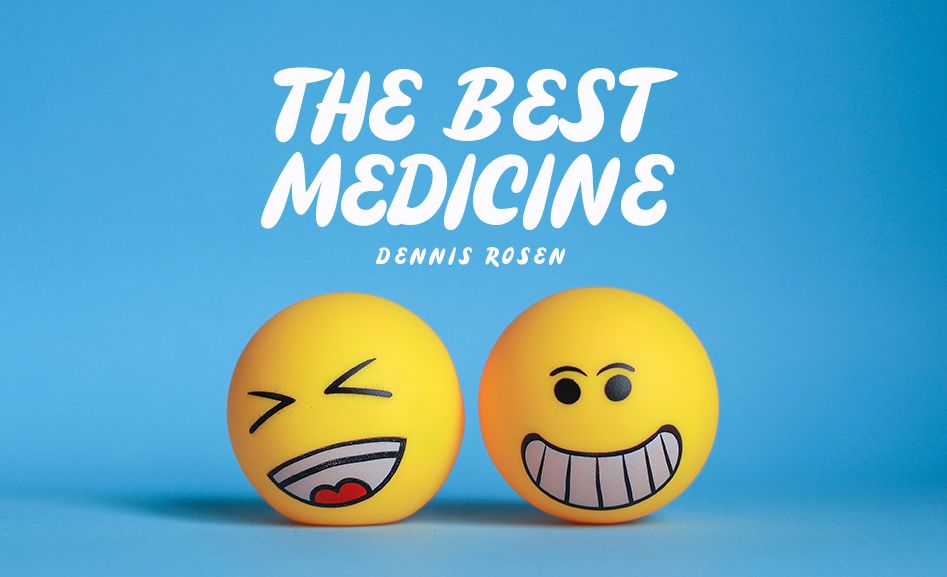
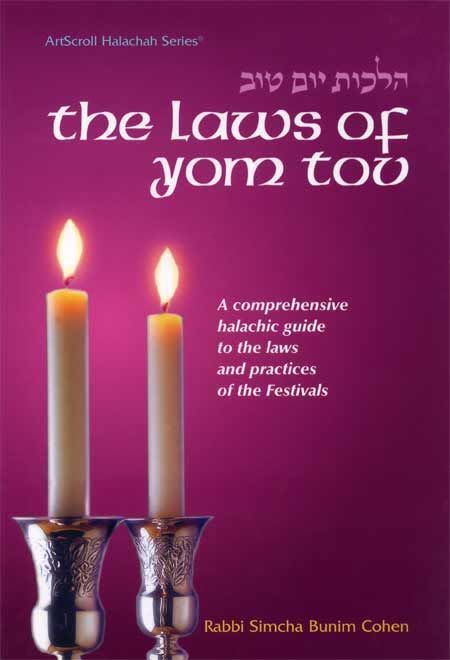
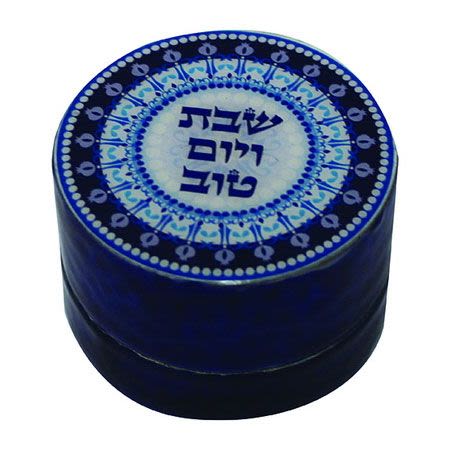
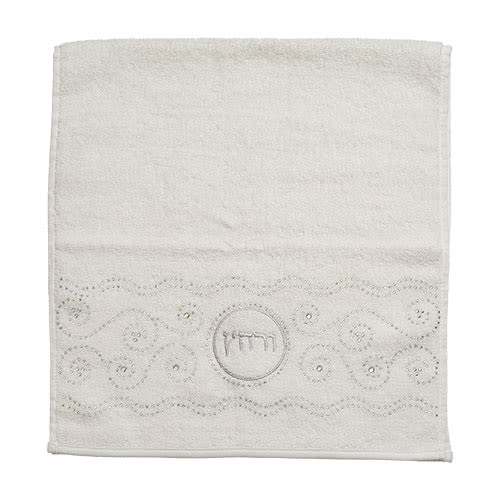
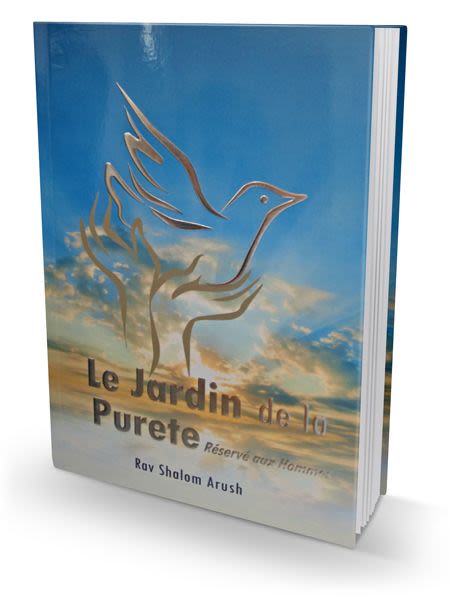
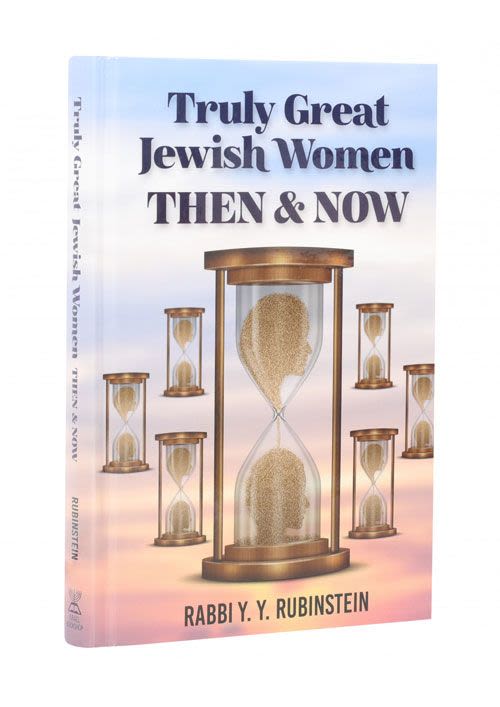
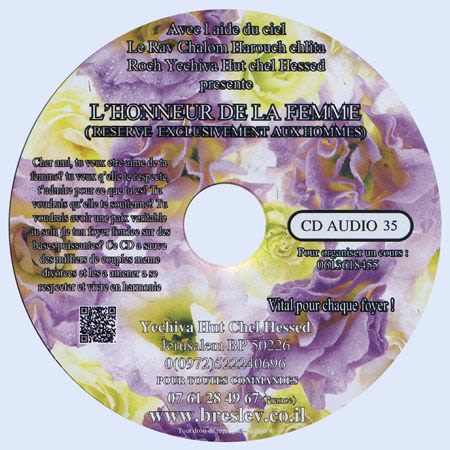
12/30/2015
thanks
I had never seen 'disturbing' people as a way of having them perform mitzvot. Thank you for that insight!
12/30/2015
I had never seen 'disturbing' people as a way of having them perform mitzvot. Thank you for that insight!